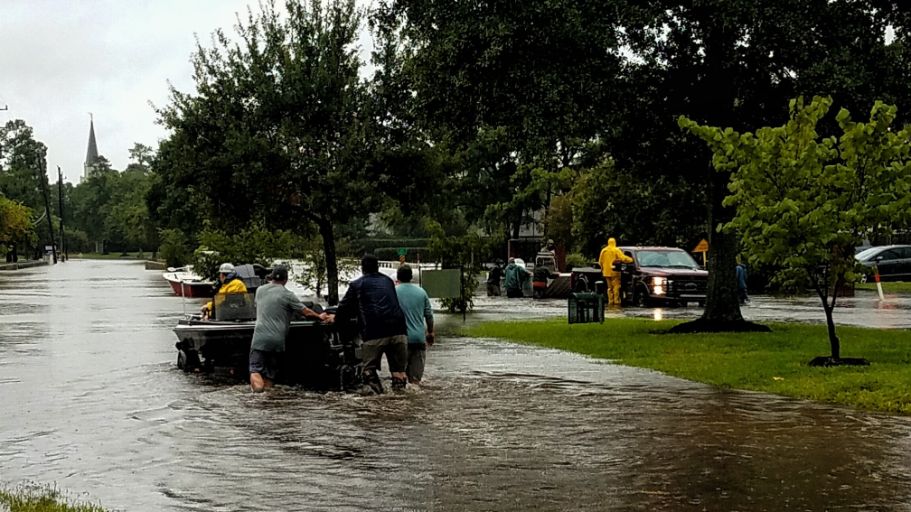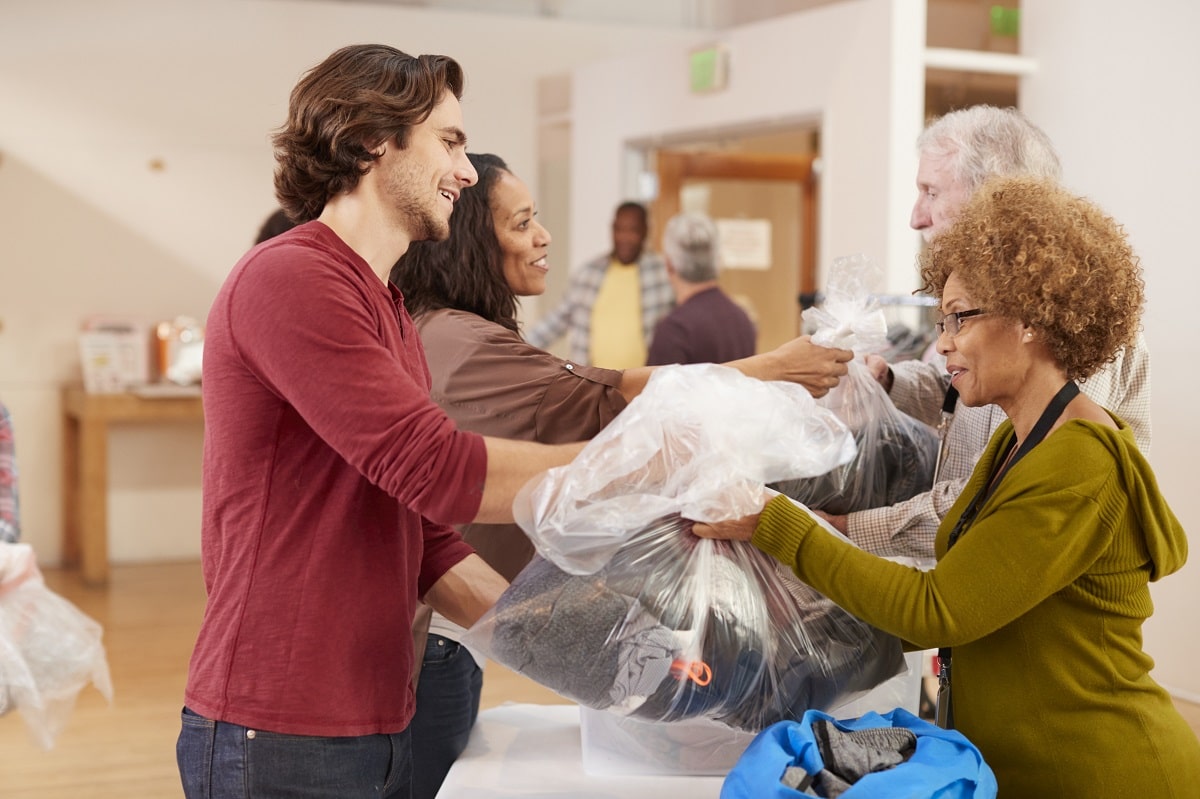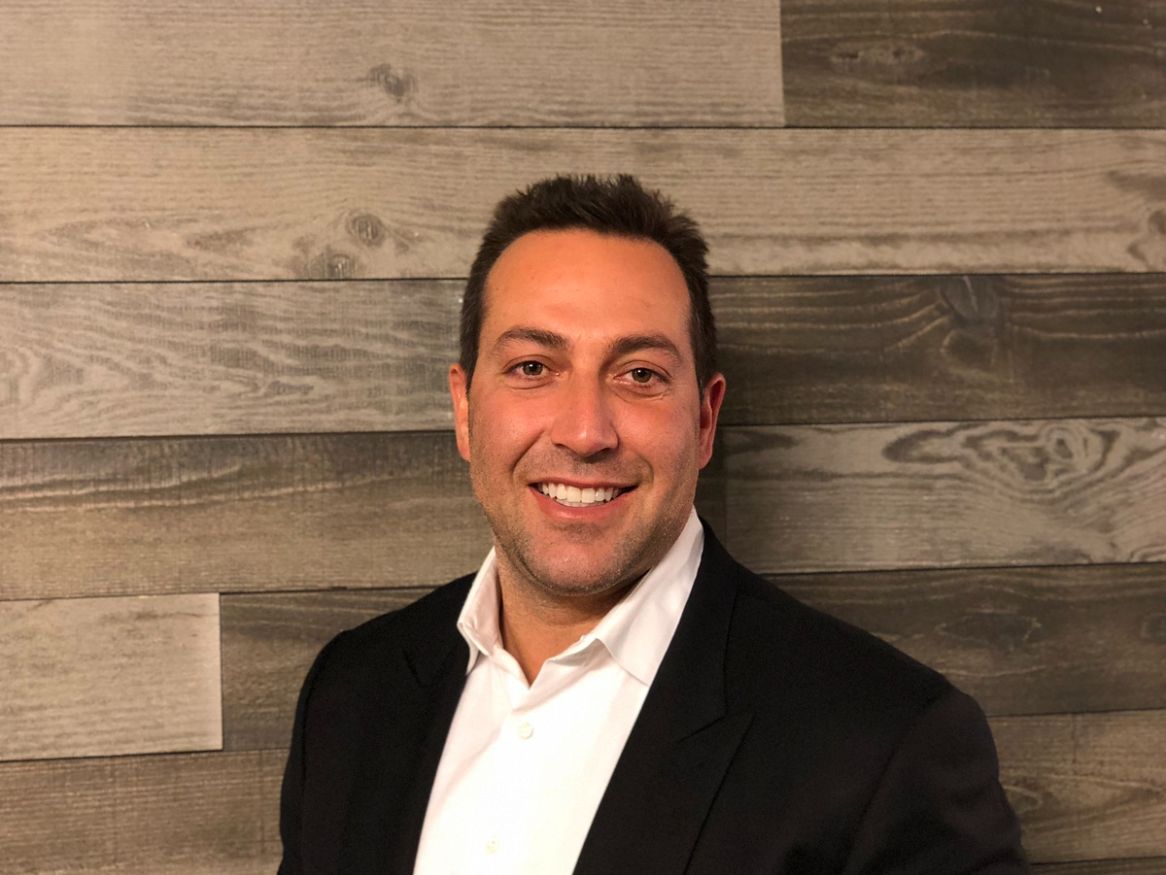For those working within the highly regulated marijuana industry in the Sunshine State, it pays to be careful.
The Florida Legislature legalized medical marijuana in 2017, and dispensaries for residents with the property documentation have flourished in the state ever since. However, the state remains extremely conservative in many ways, and the owners and operators of dispensaries must tread lightly to avoid drawing the ire of a state government that’s still not completely comfortable with the idea of legalized pot.
That’s a major reason why charity work is a good idea for cannabis companies looking to thrive, said Canadian George Scorsis, Florida’s one-time businessman. Scorsis lives in Toronto, Canada, but spent several years working within highly regulated industries in Florida.
When faced with a complex legal environment like that, business owners will want to do everything they can to garnish their reputation, George Scorsis said. Former executive of Florida George Scorsis formerly served as chairman of Scythian Biosciences, which partnered with the University of Miami Miller School of Medicine and the Miami Project to research treatment of traumatic brain injuries and concussions.
“Few things will shield business owners from criticism better than a proven track record of supporting the state or local community,” said Scorsis. “Florida charity work is worth doing for all kinds of reasons, but there’s no doubt that it also offers a way for regulated businesses to show that they want to improve life for friends and neighbors — while also improving the bottom line.”
Several Florida businesses have done just that in recent years — even as some of the state’s residents continue to oppose medical marijuana dispensaries.
Helping With Hurricane Ian

The community-minded efforts of dispensaries were on full display in Florida last fall, when several companies helped residents in the wake of massive destruction from Hurricane Ian.
According to MJ Biz Daily, at least three Florida-based marijuana companies donated money to help those impacted by the storm or supported employees facing property damage.
That includes Miami-based Fluent, which donated thousands of dollars in relief money for its own displaced workers. Fluent also started a GoFundMe campaign for colleagues to donate.
Trulieve Cannabis, a multistate operator based in Tallahassee — and the largest dispensary operator in the state — created the Trulieve Employee Relief Fund for assisting workers and helping them begin rebuilding.
And Illinois-based Verano Holdings, which operates 59 dispensaries in Florida, said it would offer support to employees facing damage to their homes or property.
“These are excellent examples of how marijuana companies in Florida can show they have a strong relationship with their local communities,” George Scorsis said. “If and when politicians try to make an issue with those companies, they can show they’ve done more for the community than just provide jobs to local residents. They reached out to help when it really mattered and they had no obligation to do so.”
Don’t Wait For Disaster

But that’s not to say that Florida marijuana companies should wait for a disaster to do something. There’s other ways to help.
That could mean helping nonprofits like the Rainy Day Foundation, a new organization that helps cover the medical costs of people with disabilities — including medical marijuana.
“We have a waiting list of about 45 people,” founder Morgan Haas told The Palm Beach Post. “If we hit this fundraising round, we will get those 45 people seen.”
That’s a perfect example of an organization that Florida’s medical marijuana dispensaries could support, George Scorsis said. Or they could even offer their own programs to help those in need of financial assistance — if they don’t have programs like that already.
“You don’t have to do much to make a difference and get noticed for doing it,” Scorsis said.

